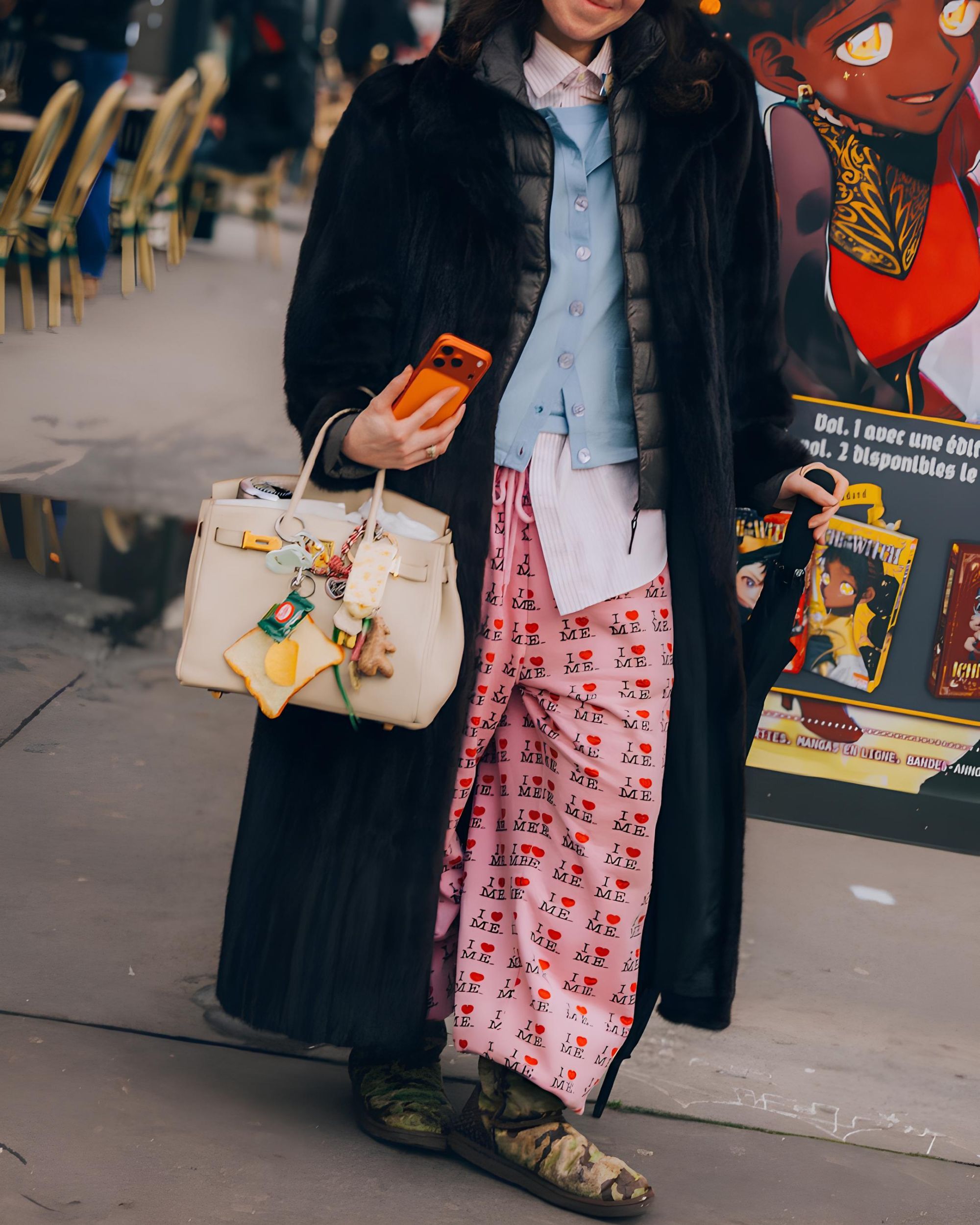
Can BookTok get us back to reading? TikTok is trying to enter the publishing world, but it has to survive in it first
Although you wouldn't think so, TikTok is very much related to publishing: the Chinese social network, in fact, is the one that most influences sales of novels. Or rather: of a certain genre of novels. Romance, fantasy, and mystery books are the ones that are the most popular among the posts associated with the hashtag #BookTok, which collects the set of videos dedicated to books shared on the platform.
What is BookTok?
A few figures to understand the magnitude of the phenomenon: in the first six months of the year, videos associated with the #BookTok hashtag were viewed more than 156 billion times - in 2022, total views had reached 60 billion; between 2021 and 2022, book sales linked to TikTok increased by 40 percentage points, while the previous year a slice of one hundred authors who went viral on #BookTok alone produced sales of more than $700 million. That is why, both at home and abroad, publishers are trying to intercept this trend by publishing books with similar characteristics to those popular on the Chinese social network. Barnes & Noble, the largest book retailer in the United States, for example, has added a dedicated #BookTok section to its online store. But physical stores have also adapted, devoting entire shelves to the most popular publications on #BookTok, which has proven to be such an effective word-of-mouth phenomenon that it has brought - in various countries - certain novels to the best-selling book charts, making previously semiunknown authors very well-known. At the same time, this phenomenon has also brought back into vogue, among young readers, books that came out many years ago and perhaps never really became cult books.
Is TikTok opening a publishing house?
Summer reading? You definitely aren't alone!
— GoogleTrends (@GoogleTrends) July 10, 2023
Booktok is currently being searched more than ever before. pic.twitter.com/oF2mRnvJFX
It is in such a context that ByteDance, i.e., the company that owns TikTok, chose to register a publishing trademark, 8th Note Press. The first news about this move had come in April, revealed by Insider. 8th Note Press will provide «a wide range of products and services related to book publishing. [...] It wants to create an ecosystem through which people can find, buy, read, review, and discuss books», said ByteDance. Recently New York Times wrote that the fledgling publishing house began contacting and proposing publishing contracts to debut authors specializing, precisely, in romance, fantasy, and mystery novels - that is, those most popular on #BookTok. ByteDance would then hire a leading figure in U.S. romance publishing, Katherine Pelz, in order to identify writers to whom it would make publishing proposals. The fees initially proposed to authors-who are wont to self-publish books, making good money from them-would not be particularly high, however. Tricia O'Malley, author of highly successful romance novels on TikTok, was offered $7,000 up front for the publishing rights to two books. Although these figures are usually what small publishers might offer, ByteDance has let it be known that it believes the fees «in line with the market».
What do the publishing houses think about it?
But many insiders argue and fear that the real benefit to authors represented by 8th Note Press would be the greater prominence given on TikTok to their published books from the publishing house. Although such interference might not be appreciated even by users of the platform, ByteDance clarified to the New York Times that the publishing brand will be separate from TikTok. The fact remains that 8th Note Press would still be moving very cautiously in the publishing field. For the time being, not much else is known about this new project, except that the publishing house would like to focus on ebooks and make only on-demand prints, that is, on demand by individual readers. However, it must be considered that, according to reports from the Association of American Publishers, in the U.S. market - and beyond - paper books are still going strong: in fact, they account for 70 percent of those sold in total. Moreover, Amazon itself had already tried in the past to become a so-called "everything app," aiming to be a publisher as well, but it had failed to fully establish itself in the market, which still relies heavily on established relationships between publishers, printers and bookstores. The entry of such a competitor, however, has scared off those who are already struggling to stay afloat in this peculiar industry, where economic resources and influence over readers in the long run can really make a difference.














































